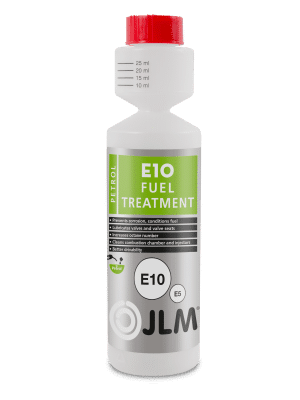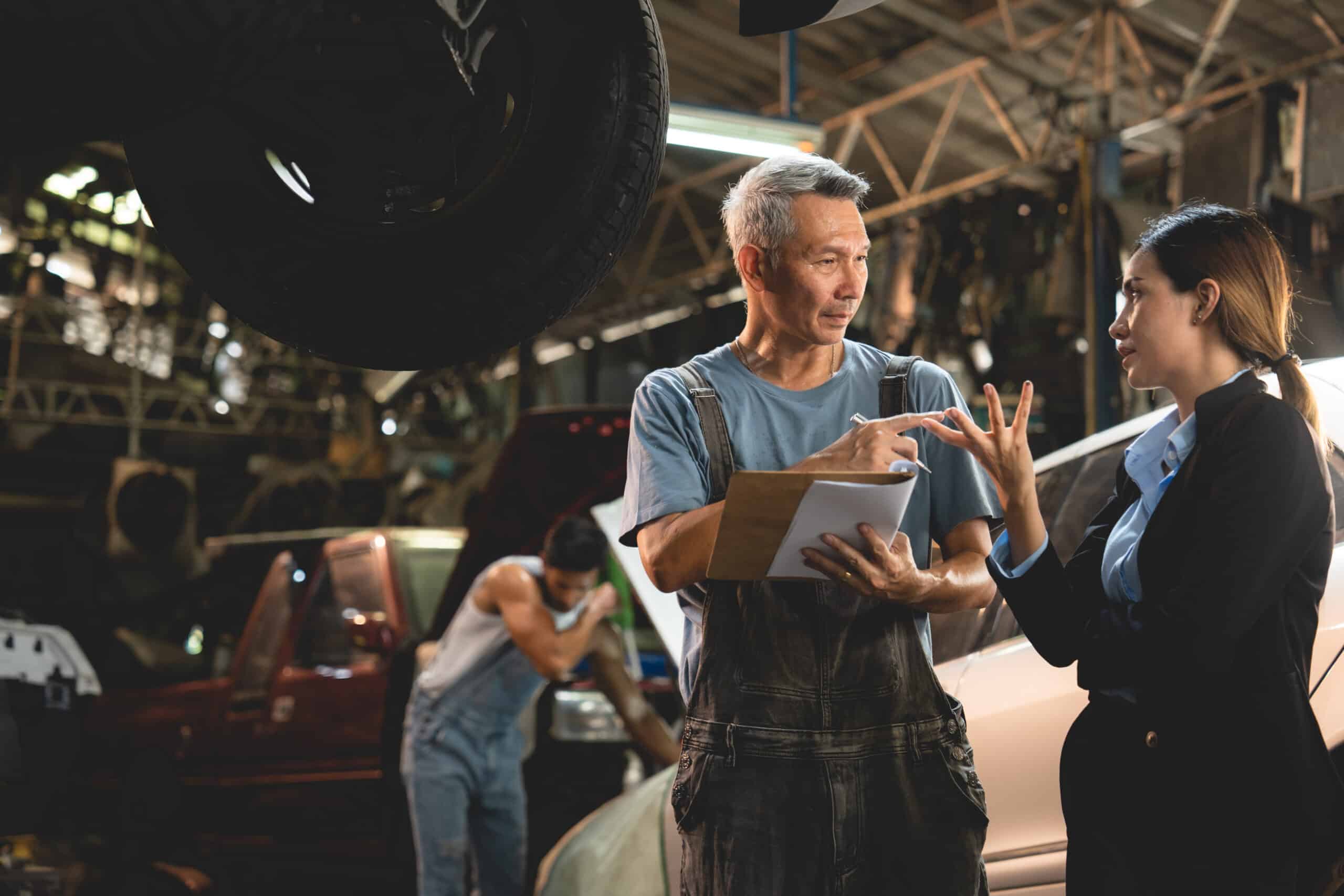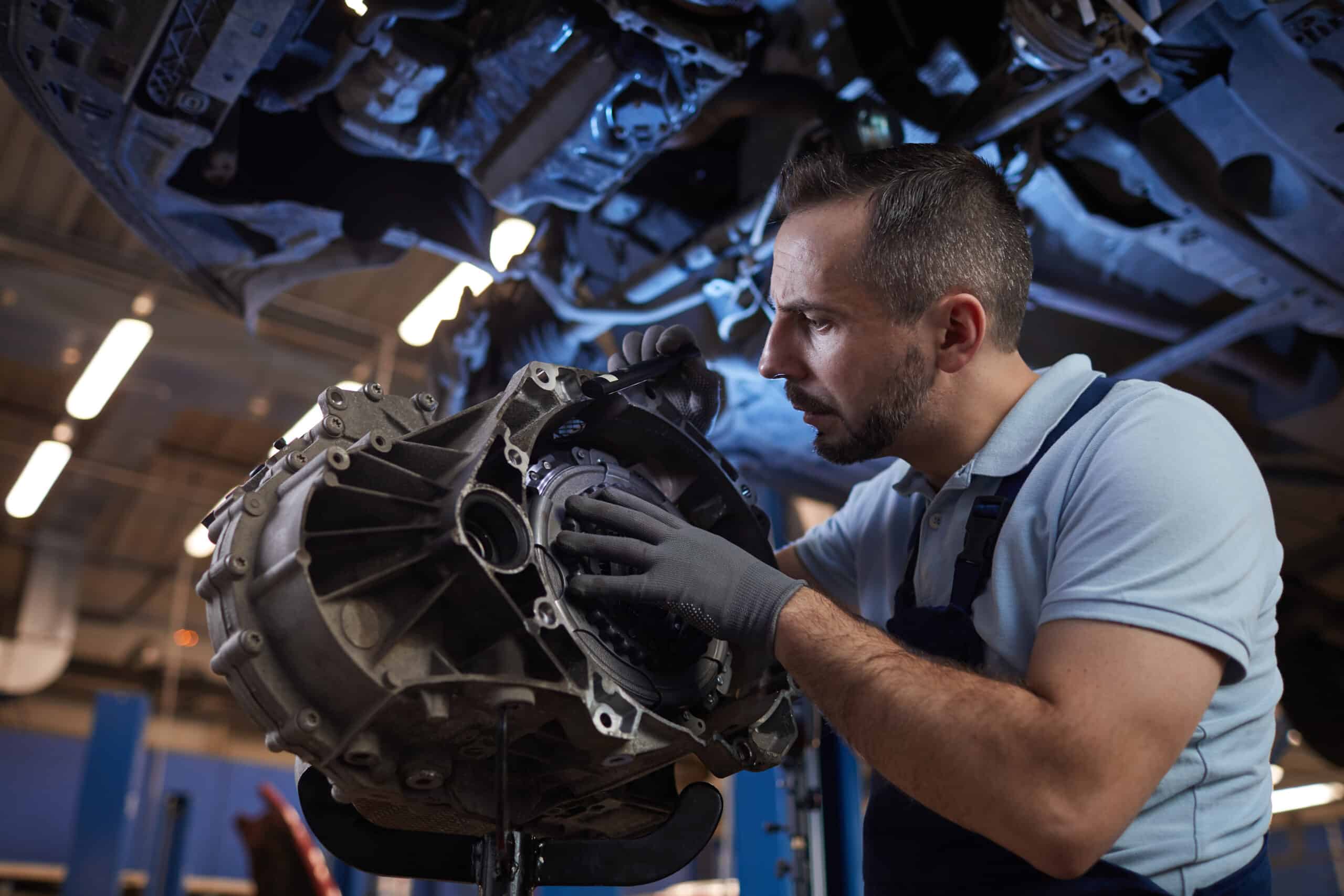JLM E10 Fuel Treatment is an all in one fuel treatment for cars providing ethanol corrosion protection and valve seat lubrication and protection. In addition it boosts the fuel’s octane number.
Product information
Blending 10% ethanol with petrol might make environmental sense but it introduces technical issues, even with cars that are designed to use it.
Just as food goes stale over time, so too does ethanol. Additionally, unlike petrol, ethanol absorbs water. Once it can hold no more, the water/ethanol mix separates, causing a useless incombustible mixture to sink to the bottom of its tank, leaving the low octane gasoline layer above. As the solutions will never mix again, the tank needs to be drained.
JLM’s solution is to slow down the ageing process as much as possible. The company has developed a preserver within the E10 Fuel Treatment to condition the fuel, which inhibits the process and makes it last longer. To assist with optimum combustion, an octane booster helps to compensate for the slight loss in fuel economy that results from ethanol-laced petrol.
However, even fresh E10 petrol causes issues. The ethanol content increases soot and lacquer deposits within not only the combustion chambers but also the delicate fuel injectors. If allowed to accumulate, engine efficiency becomes impaired, which can be followed by mechanical failure, if ignored.
JLM’s E10 Fuel Treatment cleans these contaminations and prevents accumulation. A further preventative maintenance function forms a protective layer on valve stems and seats, compensating for ethanol’s lack of lubrication quality, thus enhancing engine valve/guide life and reducing the risk of valve seat recession.
JLM’s E10 Fuel Treatment is an easy-to-use answer to these complex problems, which will help your car to optimize its environmental and running costs potential, while using E10 petrol.
HOW TO USE
Add 1ml to 1 liter E5 or E10 petrol (25 ml treats 25 liters petrol). Use every tank fill!
Special bottle with dosing device, helps to obtain the right quantity.
Frequently
asked
questions
These are the most common questions we get.



